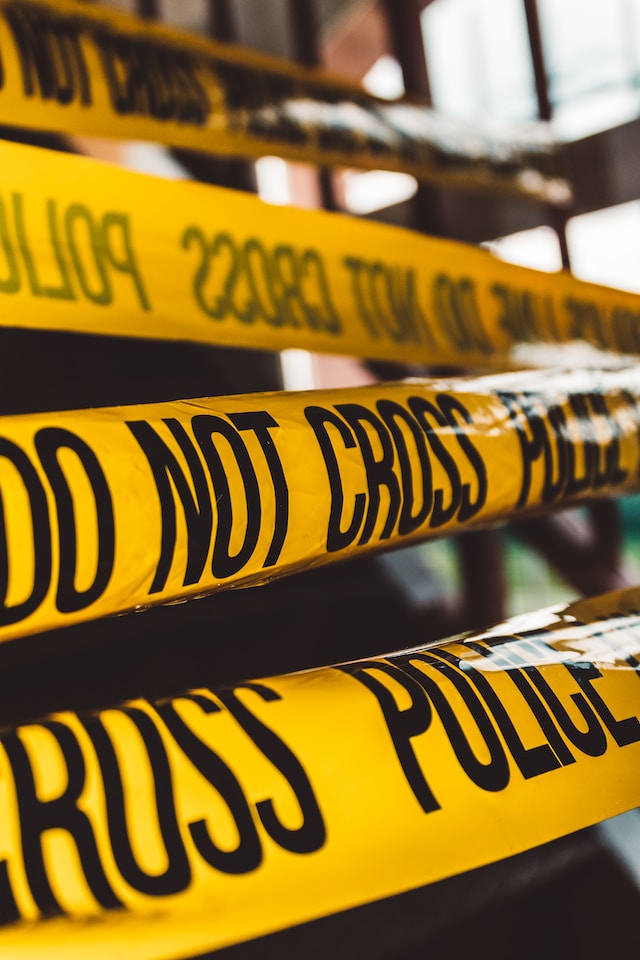If you’re involved in a lawsuit or criminal case and you’re wondering about whether you need an expert witness to make your case, you’re not alone. Many people in your situation ask themselves about this every day. You also don’t need to worry, because it’s a normal stage in the process of getting organized. It’s also not likely to be a decision you really need to make on your own.
What Is an Expert Witness?
Usually, witnesses in a case have to be able to provide direct information about what happened during the incident or incidents at the heart of the matter. This includes eyewitnesses as well as those who observed the parties in the period before and after the event. Whether it’s a crime, a car accident, or a dispute over a business deal, the same principle generally applies across court settings. The exception is when a witness has the professional background and expertise to clarify topics requiring specialized training, to provide the judge and jury with a better understanding of how evidence like behavior or financial records should be interpreted, according to well-known professional standards.
Where Do You Find Expert Witnesses?
Most of the time, you go to expert witness services that provide information about each relevant candidate’s professional history as well as their history of court appearances as an expert. This helps your attorney figure out the most relevant expert to call in to analyze and explain pieces of relevant evidence as you present your side of the situation. Generally, these services also provide clear cost estimates based on the number of days a professional is needed, brokering the initial contract and the transaction following service. Occasionally, independent experts are also available through their own sites or other social media.
Who Decides When You Need an Expert?
Like any extra expense above and beyond basic legal services, in the end the client makes the call. Usually, though, the question of an expert is brought up by your attorney first, if one is called for. This is because usually an attorney is positioned to know when information is complex enough an expert will be needed. Sometimes, though, clients do enter into a case knowing they will need one or realize it and initiate the conversation. For the final decision, a consensus must be reached between the attorney who needs to work with the witness in a courtroom and the client who is ultimately affected by the outcome of the case. It’s not a choice one of them makes alone.
Where Can Non-Lawyers Learn More?
The best place to learn more about the role of expert witnesses in general is by looking at the resources professional experts put out. Many of them self-promote with blogs and occasionally even memoirs about their careers, at least about the cases that weren’t governed by non-disclosure agreements. Your own attorney is also a great place to start if you want to open the issue of hiring one.

 Revamping Your Bathroom Space: The Journey to Selecting the Perfect Cabinets
Revamping Your Bathroom Space: The Journey to Selecting the Perfect Cabinets  Strengthening Your Team: The Role of Background Checks in Modern Hiring Practices
Strengthening Your Team: The Role of Background Checks in Modern Hiring Practices  Keeping Your Hearth in Top Shape: The Value of Routine Fireplace Repair
Keeping Your Hearth in Top Shape: The Value of Routine Fireplace Repair  Septic Systems: Maintenance Tips for Homeowners
Septic Systems: Maintenance Tips for Homeowners 


